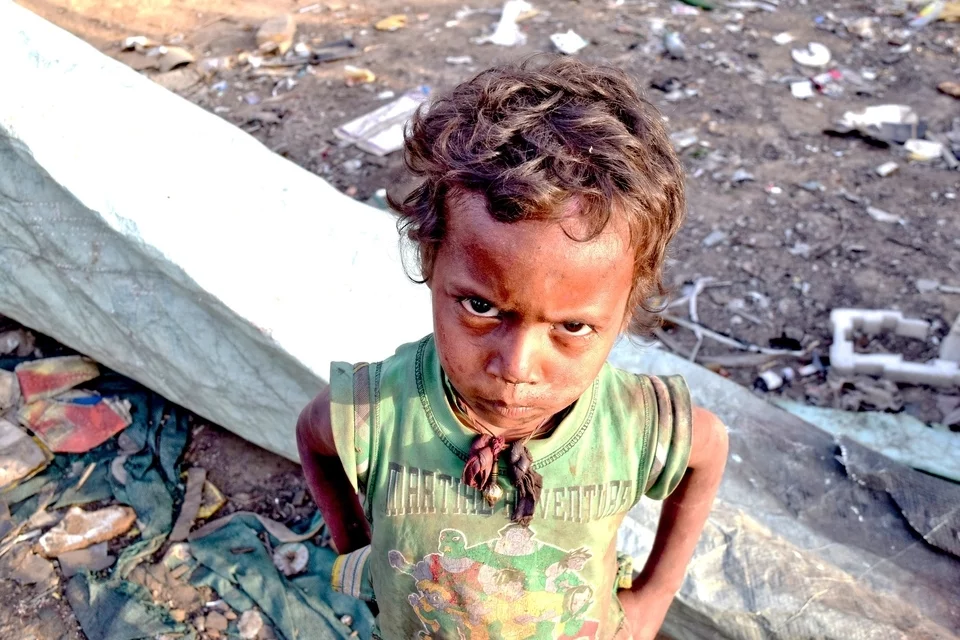India is home to 1.35 billion people. That’s unarguably a massive number. The waste generation coupled with its mismanagement would probably lead you to believe that India would be the worst hit country by plastic pollution in the world. Believe it or not, India is not in the top 10 and the reason is- the community of ragpickers in India.
Today is World Environment Day and India is in charge of the party. The theme is plastic pollution. 8 of the 10 biggest plastic polluters of the world are Asian countries but India is not one of them. Ragpickers or waste-pickers are solely responsible for this outcome. They are responsible for collecting, sorting and segregating waste and they sell it to earn their living.

There are estimated to be 1.5 million to 4 million ragpickers in India responsible for cleaning about 62 million tonnes of waste annually. But are they looked up to as the real heroes of India? Hardly. They are more of a discarded part of the society.
They work without any job security, pension, and sufficient money. They work continuously all day only to earn a few bucks so that they wouldn’t end up sleeping on an empty stomach. On an average, they get paid only around Rs 200 per day. The condition they work in is even worse.
They work with bare hands and feet in a toxic environment. The fumes, feces, deadly germs, stench have a horrendous effect on their health. They burn electronic waste to extract copper which fetches a higher price than plastic waste but produces toxic fumes. Many die of tuberculosis, infections, typhoid, rashes etc. This is one community that should be given special medical treatment but even government hospitals refuse to treat them.

Moreover, most of them are underage, yes, just like in Danny Boyle’s Slumdog Millionaire. But unfortunately, not many end up being a millionaire. Instead, they live in utter poverty discarded and ignored by the people as well as authorities. Most of them are migrants and have no other place to work and no formal education either.
Neither the ragpickers nor the society acknowledges the importance of cleaning up waste. People do not handle their trash appropriately. Not many households in India responsibly segregate organic and inorganic waste items. It’s common knowledge that the waste containing blood and other potentially infectious materials (OPIMs) should be discarded with care. But not many people care to do such thing. The responsibility also falls into the consumer’s hand.
Ragpickers are the heroes that India needs and they should be treated like ones too. With proper safety gears and gadgets, better healthcare services and recognition, they can be our key to beat plastic pollution and save our ‘Environment’ Day.

